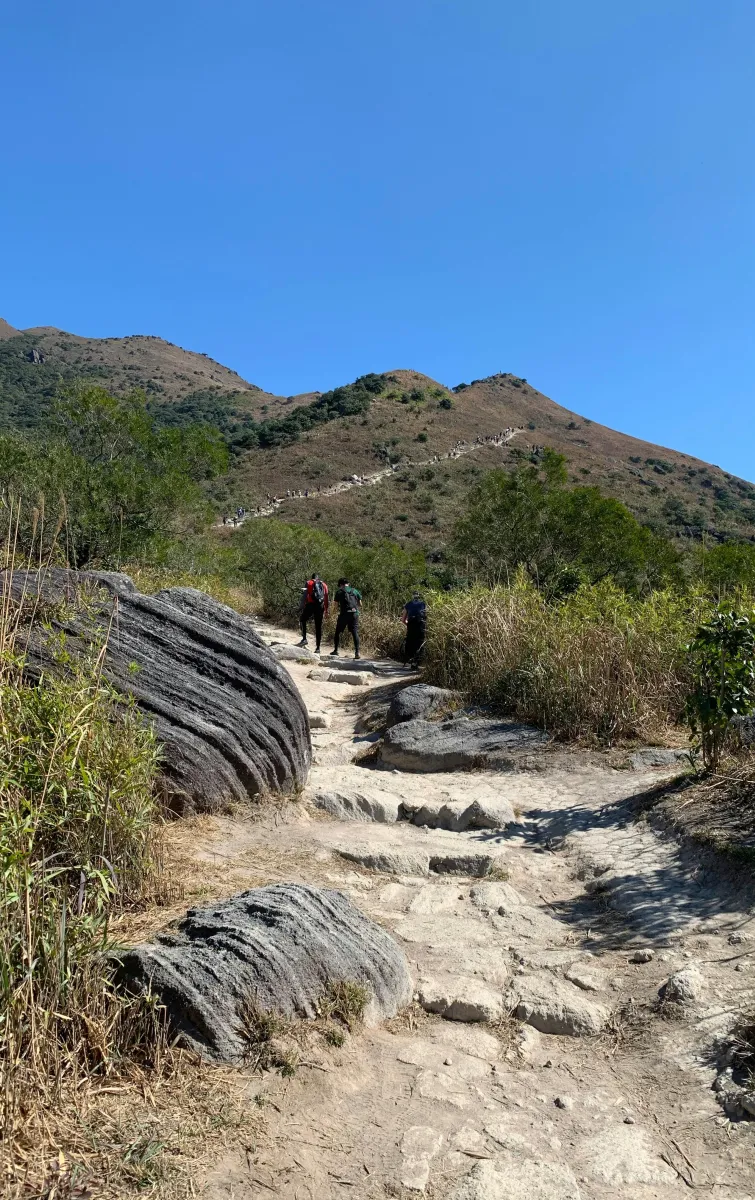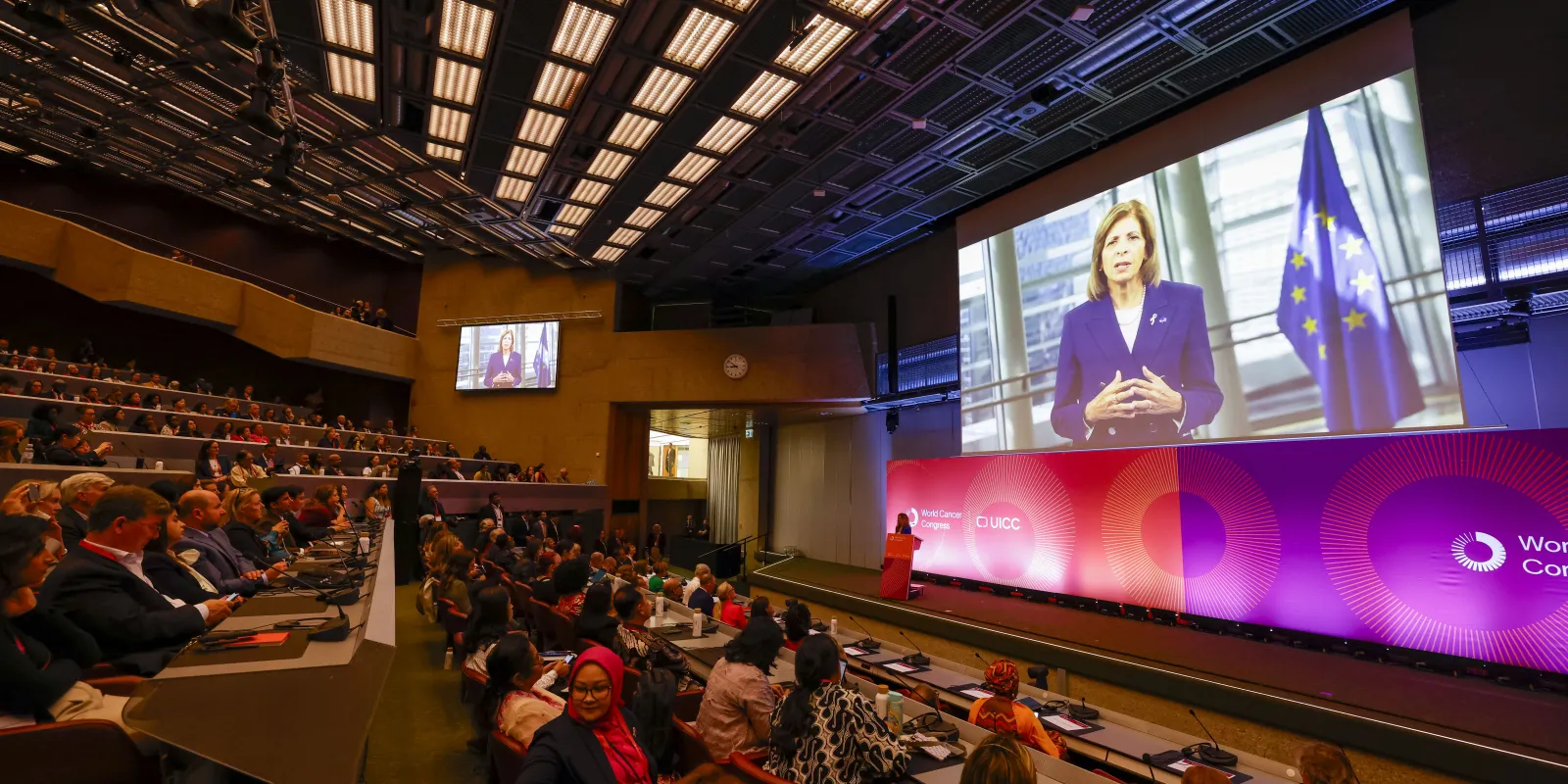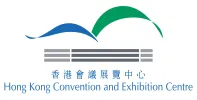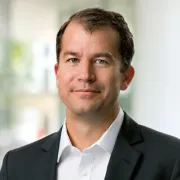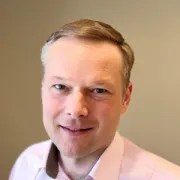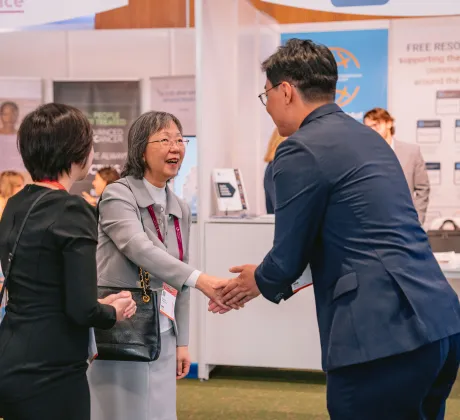If you are interested in sponsorship activities, please contact [email protected]
Organised by
Hosted by
In partnership with
Supported by
Platinum sponsor
Connect with us to explore partnership opportunities
We would be glad to discuss sponsorship levels and benefits tailored to your objectives, and to support you in identifying the best fit for your organisation’s goals. →
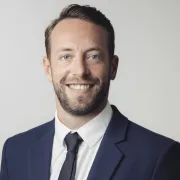
Yani Amar

The 2024 World Cancer Congress was made possible thanks to the following sponsors and partners:
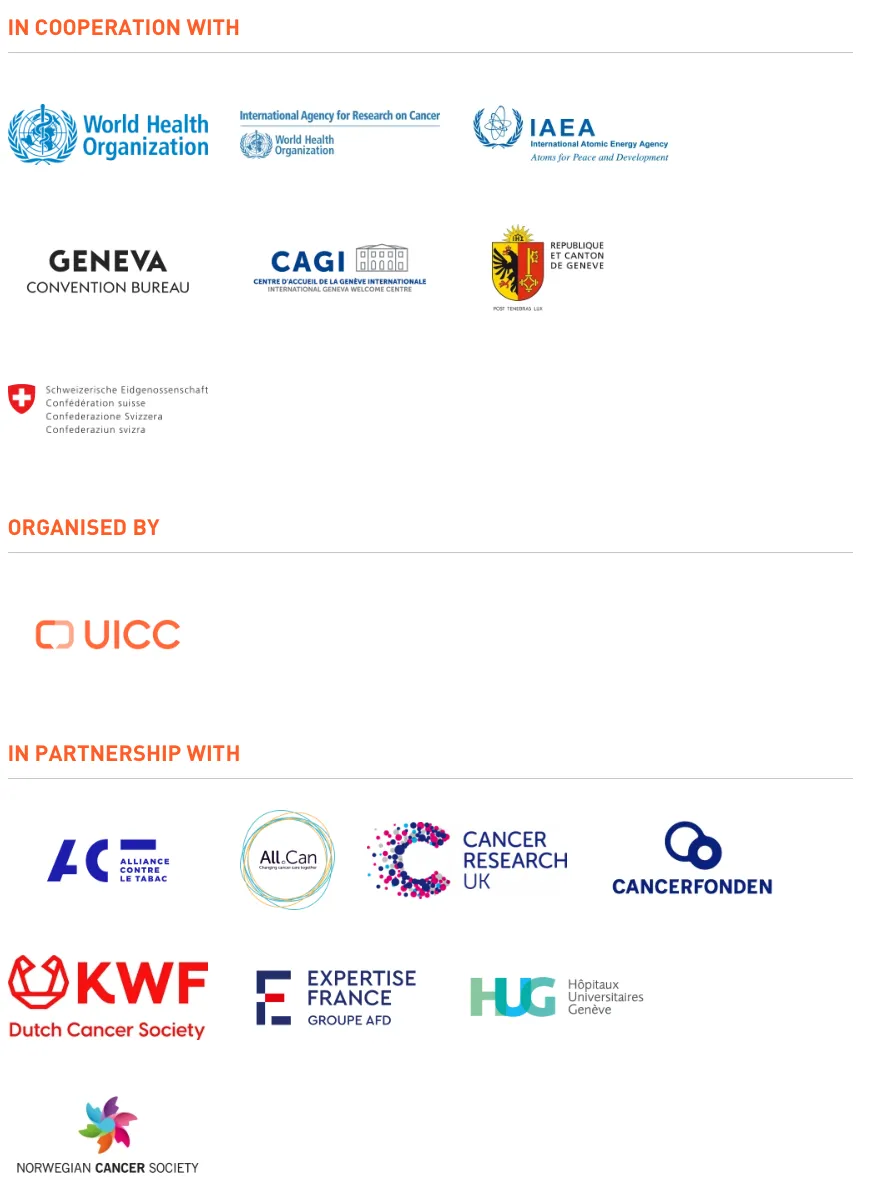
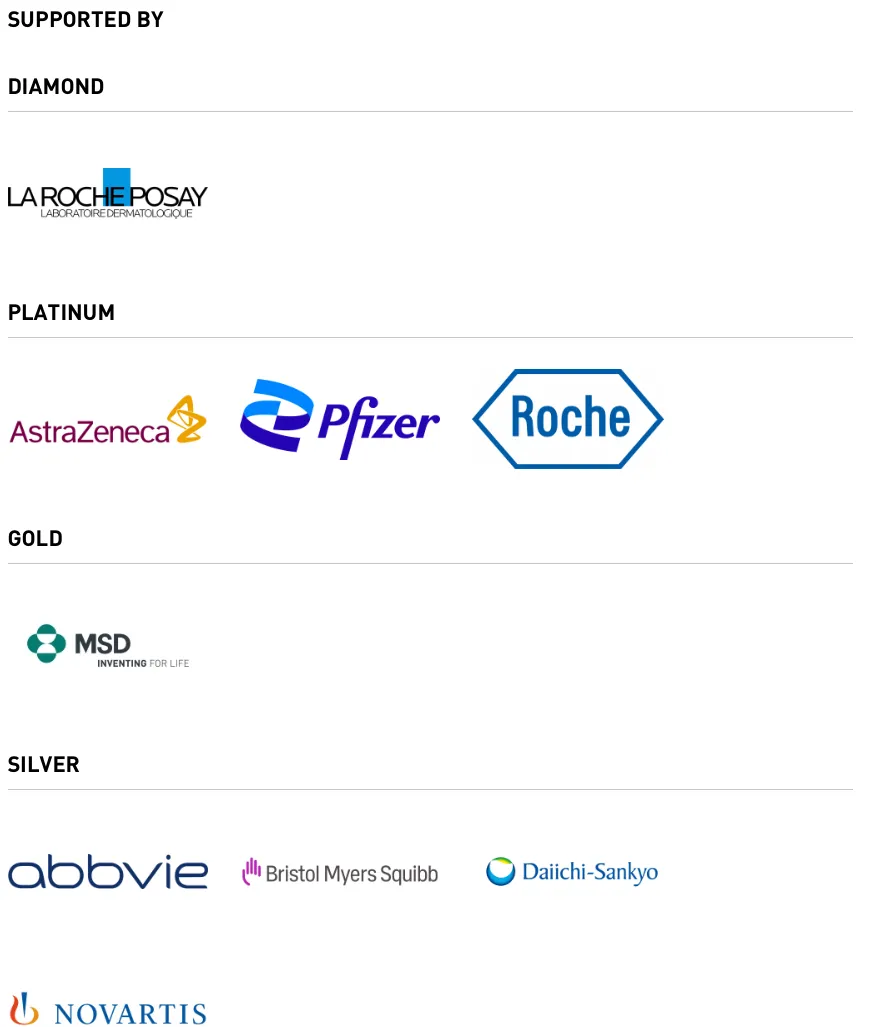
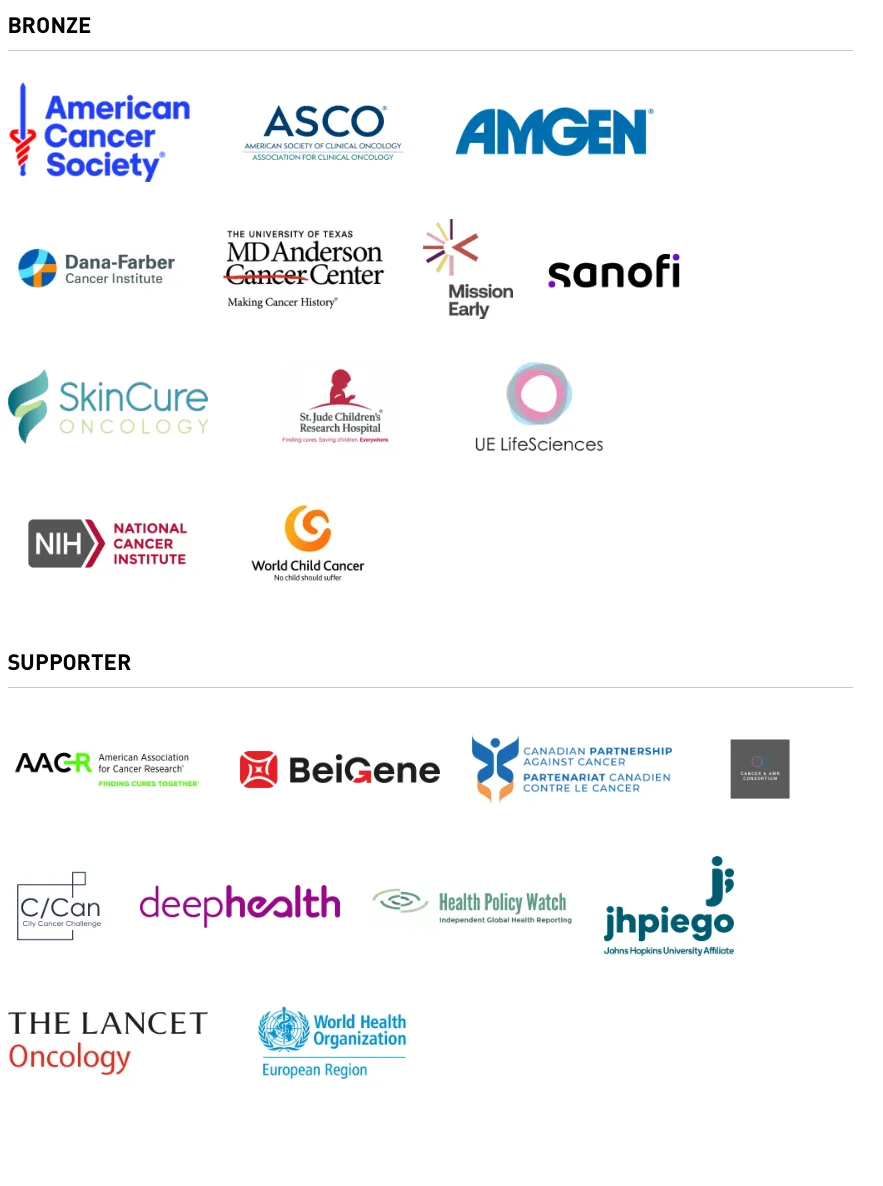

Voices from our past sponsors
"The World Cancer Congress 2024 reinforced the critical importance of global collaboration in our shared mission to eliminate cancer as a cause of death. It was particularly inspiring to see the clear recognition that we must take urgent action to improve outcomes for lung cancer – the leading cause of cancer death worldwide. I left feeling inspired by the actions being taken globally and in countries around the world, and committed to deepening our efforts with partners to bring forward compelling evidence and arguments that further support this cause."
“Bringing together diverse expertise, high ambition and energy for collective action against cancer globally, WCC 2024 was a great opportunity to celebrate and learn from successes, to discuss and debate current issues, and to advance new ideas. MSD is proud to support this outstanding event.”
“The 2024 World Cancer Congress emphasised the urgent need for change in cancer care, recognising quality care as a human right, shared responsibility, and political choice. It called for clear roles, advocacy for healthcare investment, and highlighted the societal and economic benefits. Roche is committed to driving innovation and collaboration to meet these challenges and advance cancer care globally.”

